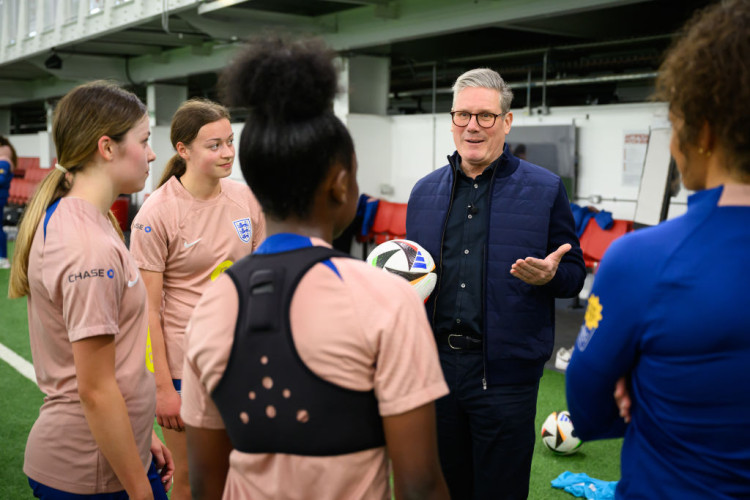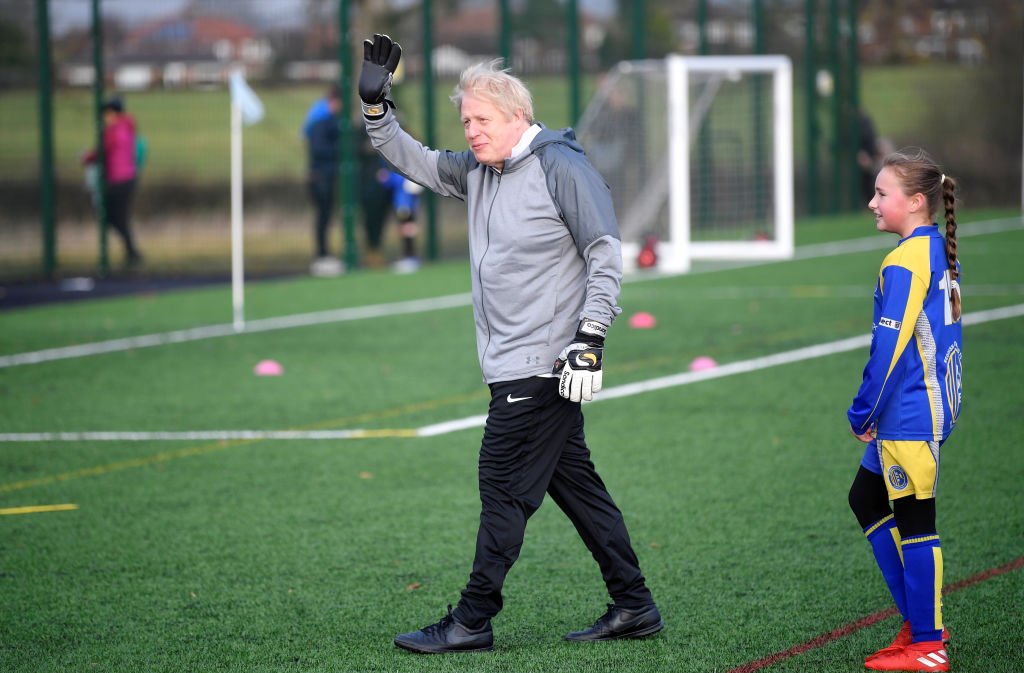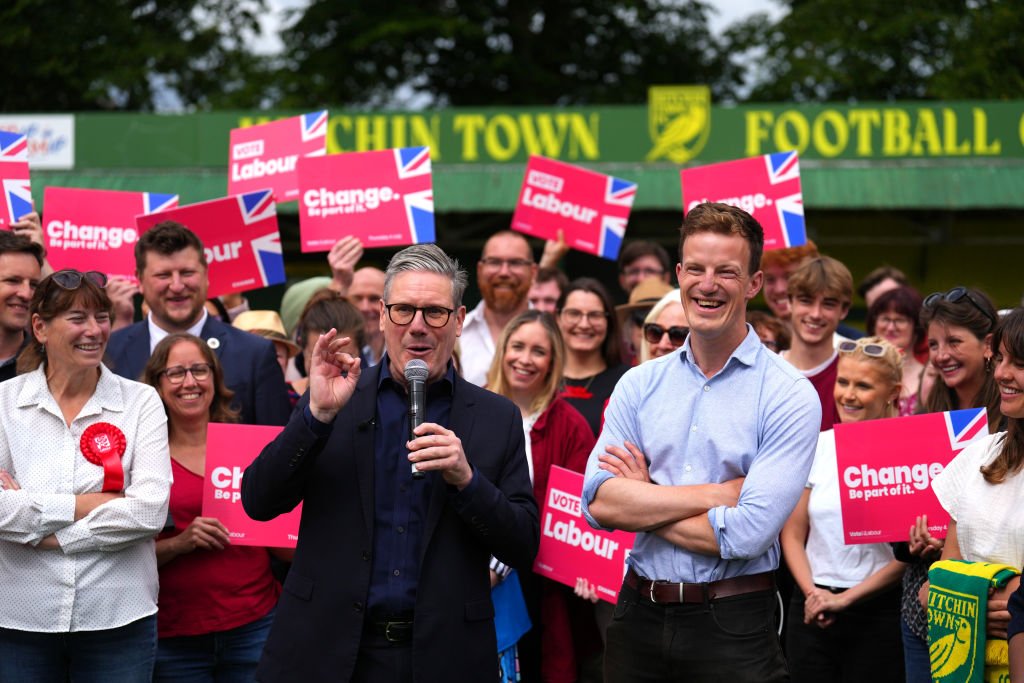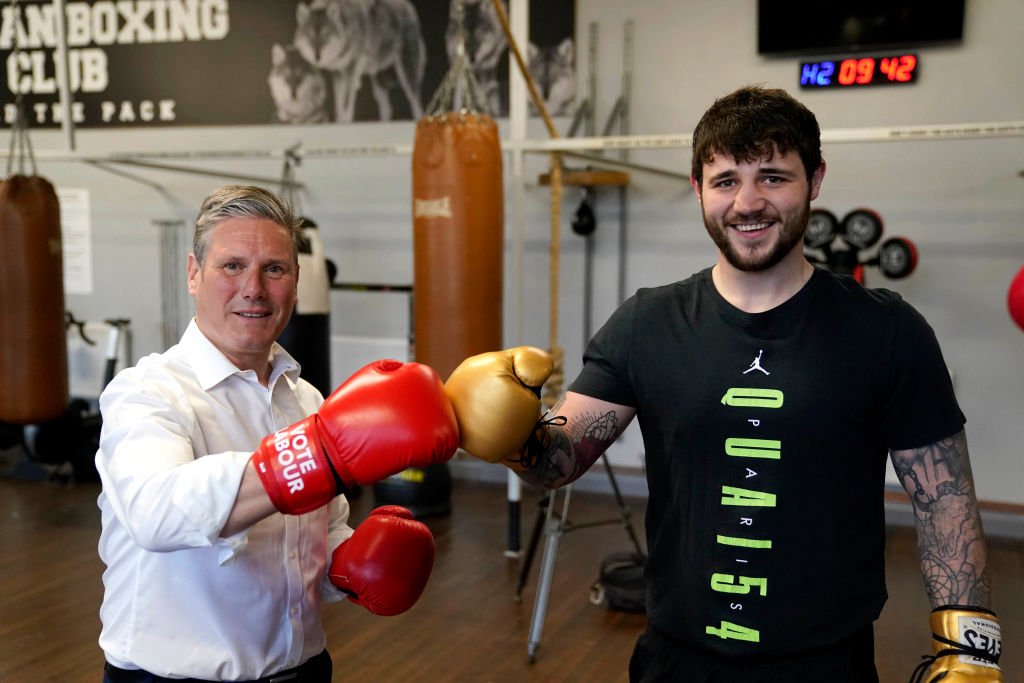Hurrah! We have a Prime Minister who actually loves sport. Not, of course, in the same way as Boris Johnson did – by mowing down a small child while playing rugby – or as David Cameron did – by mixing up Aston Villa and West Ham.
Keir Starmer is one of millions of grassroots footballers playing regularly up and down the country. With every kick of the ball, every mistimed tackle, the Prime Minister underlines the vital role sport plays in the physical and economic health of the nation.
In the general election campaign, Labour very effectively used local football clubs as the backdrop for discussions about a whole range of community issues. Minister after minister – including the Culture Secretary Lisa Nandy, takes every opportunity to underline their enthusiasm, for sport.
Full steam ahead then, for sport’s role at the beating heart of the nation’s life to thrive under Labour? Well…it might not be that simple.
Could the seemingly unending political row over freebies put a serious dampener on the engagement that the PM and his minister's have with sports?
We’ll put our hands up. Both of us have benefited from hospitality over the years. As sports minister, Tracey sat next to sporting, and actual, royalty and continued to do so after leaving office at the end of 2018. Paddy, as a core member of Sadiq Khan’s London mayoral team, was able to witness some of the finest events that London got to host, and to see able to first-hand the wide economic, cultural and societal benefits that they brought.
The generosity of our hosts doesn’t mean that either of us has been blind to the many vulnerabilities within sport – the need for better governance, redistribution of wealth or a deeper focus on communities left behind.
However, as the row over football tickets and hospitality continues to rumble on, should sport start to feel nervous about its relationship with the government?
The answer in part depends on how the Prime Minister and his team face up both to the public reaction and to the decisions they make on key issues in the coming months.
In the event
Taking hospitality doesn’t stop a politician being a critical friend but, at the same time, not taking it could foster an ignorance that might generate poorer decision making.
Shying away from attending events, in an attempt to take the high moral ground, could prevent the free-flowing conversation that sitting in a box, rather than around a table with officials, enables. Hearing the challenges that a particular sport faces while applauding a touchdown, try or tee off brings a different perspective from reading about them in a civil servant submission.
Looking behind the scenes, getting a glimpse of the wiring, meeting the people who cut the grass, sell the tickets and serve the drinks, brings a deeper understanding of how sport directly contributes over £99bn to the UK’s economic output, employs over 1.25 million people and pays wages in sport related occupations totalling just under £35bn.
Sport faces enormous challenges over the coming months and years. Spending pressure from the Treasury could significantly impact community initiatives that in turn grow participation and boost wellbeing.
It could thwart attempts to bring major events to the home nations, it could drive performance talent away robbing us of future glory. All these points can be made in a Whitehall meeting room over a coffee, but they are often more impressionable when a minister is physically there and emotionally engaged. Boris Johnson promised we’d bid for the 2025 Women’s Rugby World Cup while in the changing room with the Red Roses!
A knee-jerk reaction against ‘freebies’– amid talk of blanket hospitality bans – risks unintended consequences that could be highly damaging, not only for prestige international events, but also for the grass roots. That in turn impacts the economy and that nation’s physical and mental health.
Something for the Prime Minister to ponder next time he pulls on his retro replica Arsenal shirt and laces up his astros.
This article was co-authored by Dame Tracey Crouch and Patrick Hennessy.









